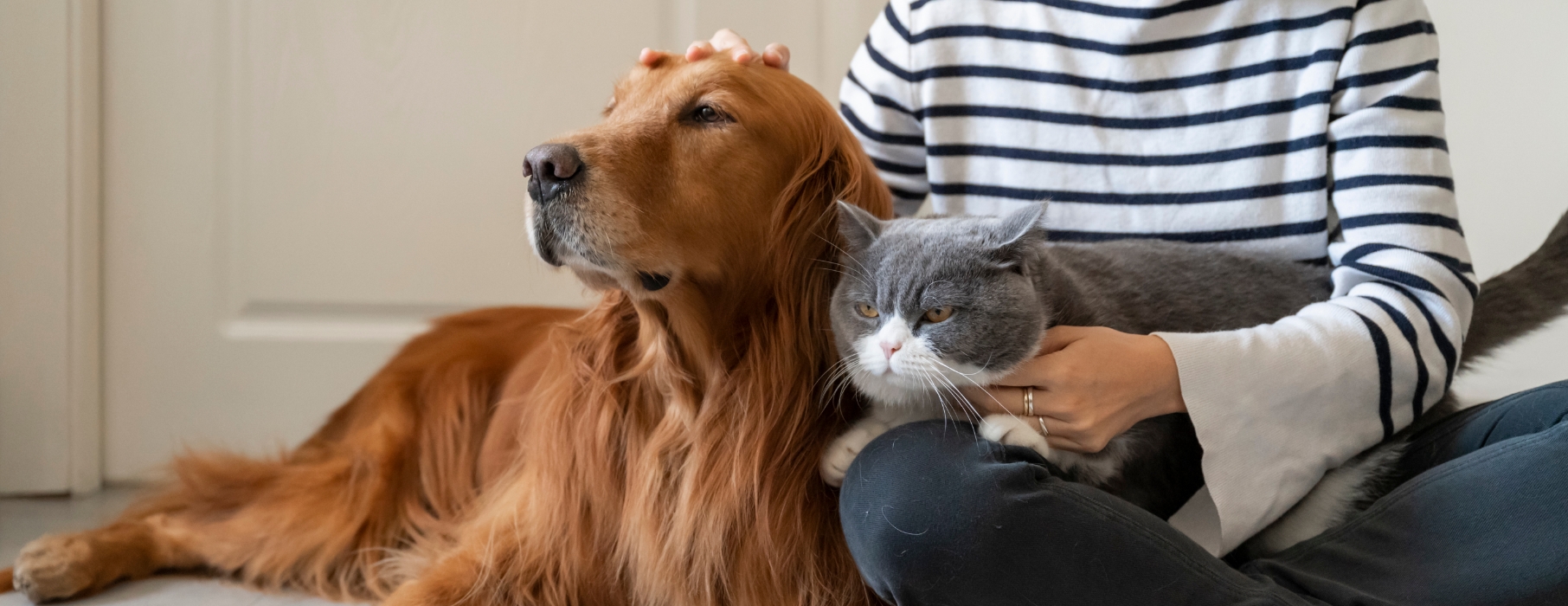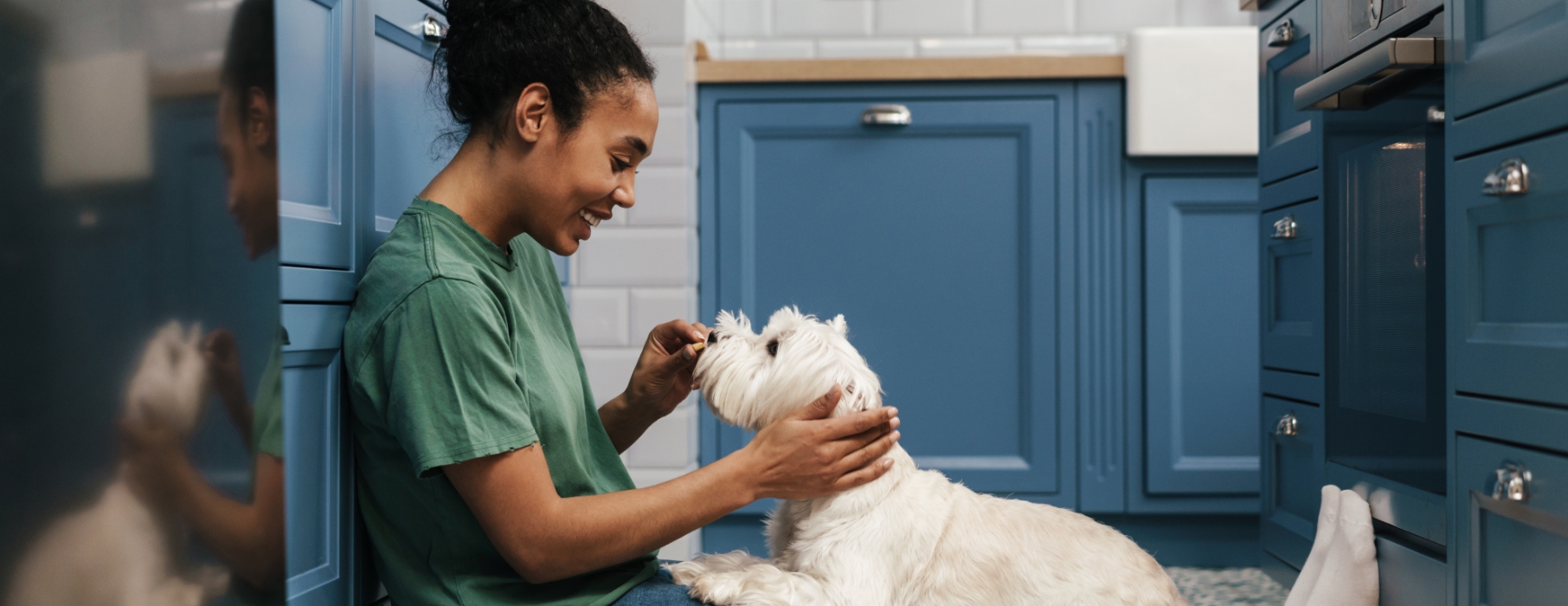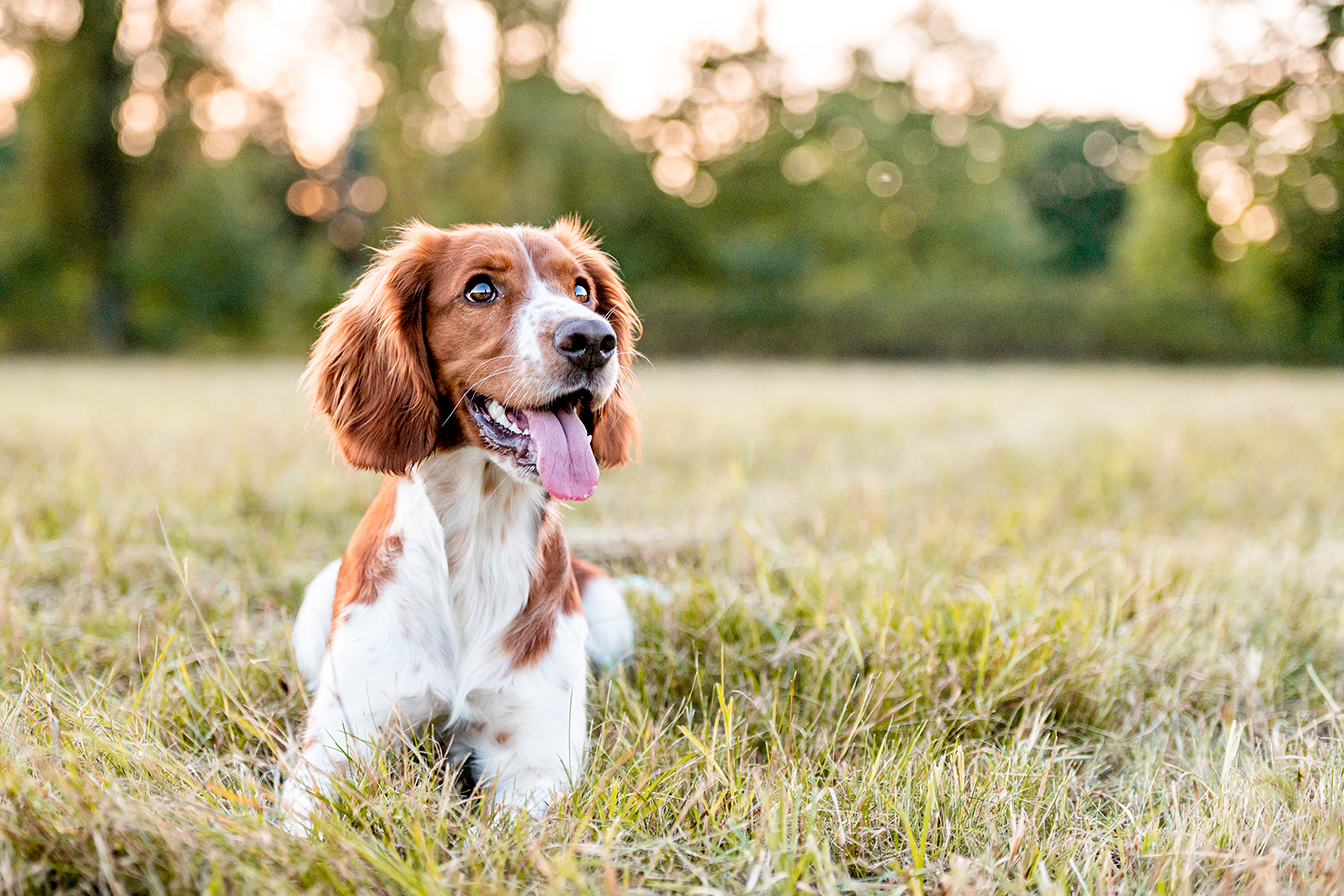Contents
- 1 Who gets ‘custody’ of pets on separation or divorce?
Who gets ‘custody’ of pets on separation or divorce?
Separation & Divorce

In the Paw PDSA Wellbeing Report 2024 it was recorded that around 51% of UK adults own a pet.
Pets play a crucial role in our lives offering companionship and love. It is important to understand their role when considering separation or divorce. With the significant increase of these furry animals in households, it is not surprising that disputes are arising when parties are separating.
Couples often seek legal advice to discuss a range of matters including finances, child arrangements, property and other assets. However, where do pets fit into this? Who will the pet live with following separation and who will fund the pet’s care?
The question arises as to whether pets should be treated purely as property or be given special consideration following separation or divorce.

What is the current legal position in England and Wales?
Under the current legal framework, pets are treated the same as any other inanimate item in the family home, regarded as property only. Some may argue that this view, treating beloved pets as mere ‘chattels’, is outdated and doesn’t reflect the emotional bond many people share with their animals as to many, animals are much more than possessions, they are family members with unique personalities, emotions and needs.
In the case of RK v RK [2011] EWHC 3910 (Fam), an issue arose regarding the ownership of a dog following divorce. Moylan J stated:
‘I do not consider it appropriate to make any order in respect of one of the dogs, because on the evidence I have heard, they would seem to have been principally looked after by the husband.’
In the latter case of IX v IY [2018] EWHC 3053 (fam) Williams J commented the following:
‘I have heard almost nothing on this issue although I believe that one dog is currently in France and one dog is in England. That seems to me to be fair. If the parties wish to argue over their access to the other dog, I would suggest that they place the dispute before a mediator or arbitrator; perhaps one with experience of dogs.’
While animal lovers and pet owners may strongly disagree, the Court appears to adopt the view that the individual who purchased the pet or has primary responsibility for it should retain ownership, unless the animal has been explicitly gifted to their partner. This is an important consideration for parties when dividing assets and preparing a contents list. The question became: would you prefer the washing machine or the dog?

The case of FI v DO
In the case of FI v DO [2024] EWFC 384 (B) we started to see a shift in the Court’s perspective when considering pets upon divorce or separation. This case involved ongoing litigation around disputes regarding the parties’ dog which went as far as to a final hearing and the husband had made an application for a shared care order and return in relation to the parties’ puppy.
The wife argued that the dog should stay with her and the children, citing the children’s emotional attachment to the animal. She emphasized that it would not be in the dog’s best interests to live with the husband, referencing an incident where the husband was arrested for ‘forcibly taking the dog from the maternal grandmother while she was out walking it’. The wife argued that the dog also sustained injuries from this incident, and the force the husband used in taking the animal caused significant distress, further highlighting the concerns about the dog’s well-being in his care. The Husband had not seen the dog in 18 months when this incident occurred. In the wife’s evidence she said, ‘I would not force a dog to come away when he did not know me’.
The husband’s position was that he had financially contributed to the purchase of the dog, he trained the dog and registered it as a disability support dog. His argument was that he suffers from anxiety and depression, and needed to keep the dog to assist with his mental health. His view of the incident was that the dog went with him happily and he didn’t have to ‘forcibly’ take her.
Whilst DJ Chrisp considered the position of Moylan J in RK v RK as above, in this case he said that the husband ‘fails to understand the implications of his actions which impact the family and the dog’. The wife’s ‘evidence was far more in tune with someone who has the welfare of the dog at heart…. The legal authority to which I have referred provides assistance as to who has principally looked after the dog. Not who has purchased the dog, that fact in my view is not as important as who the dog sees as her carer. This is not who had previously looked after the dog, but who does now’.
What does this mean going forward?
Although pets are still legally considered property in most jurisdictions, FI v DO [2024] EWFC 384 (B) signals a growing recognition of their sentient nature and the importance of their emotional and physical well-being during divorce settlements. Despite the Courts not offering ‘custody’ arrangements like those found in children disputes, the mere fact that pets are being recognised as part of a family unit rather than a chattel is a significant evolution. The Courts may increasingly consider factors such as the animal’s attachment to its owners and any incidents that could harm its well-being when deciding ownership in divorce or separation cases. I am sure many pet owners will agree that focusing on this aspect rather than simply who paid for the animal is the appropriate way forward.

What options are there if parties cannot agree and do not want to go to Court?
‘Pet-nup’
While this is not the only thing a Court will consider when making a decision because they are not legally binding, having a pre-nuptial agreement, specifically catered to pets would be seen as highly influential in determining arrangements. This agreement should outline who has ownership of the pet upon divorce or separation, who is to pay for the pet’s care (e.g. food, vet bills and other maintenance) and perhaps who the pet would live with upon relocation.
Mediation
Mediation Is a form of Non-Court Dispute Resolution (NCDR) which is a non-binding process where an independent third-party neutral assists disputes between couples and help facilitate dialogue between them. As highlighted by William J in IX v IY [2018] EWHC 3053 (fam) finding a mediator who has experience with dogs is highly beneficial. This process allows for parties to carefully choose a mediator and have open and encouraging communication. Mediation enables the parties to deal with matters in creative ways whereas Courts have a more rigid structure.
Arbitration
William J in IX v IY [2018] EWHC 3053 (fam) also suggested that if parties wish to dispute over ownership of their animals Arbitration would be a suitable route. Arbitration is another form of NCDR whereby parties appoint and pay for an arbitrator to make a legally binding decision when they cannot agree for themselves. Whilst this is costly, this process is much quicker than Court proceedings and parties have the privilege of choosing who they want to be their Judge and what issues the Arbitrator is to decide i.e. they could deal with the issue in isolation. By being able to choose your Judge, parties might find that they can appoint an arbitrator who is more understanding towards the emotional bond shared with animals and their owners.
Disclaimer: Please note that this page is for guidance only and does not replace legal advice. It is correct with the law at the time of publication but please be aware that laws may change over time. This article contains general legal information but should not be relied upon as legal advice. Please seek professional legal advice about your specific situation – contact us for dedicated help for you.


